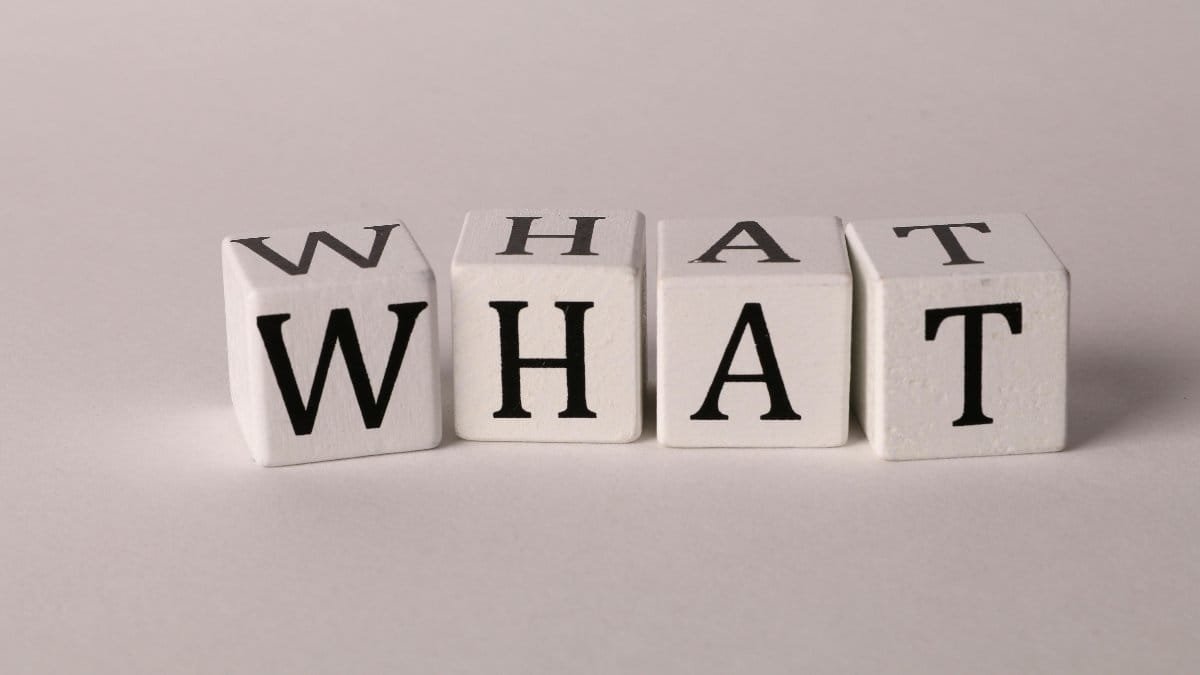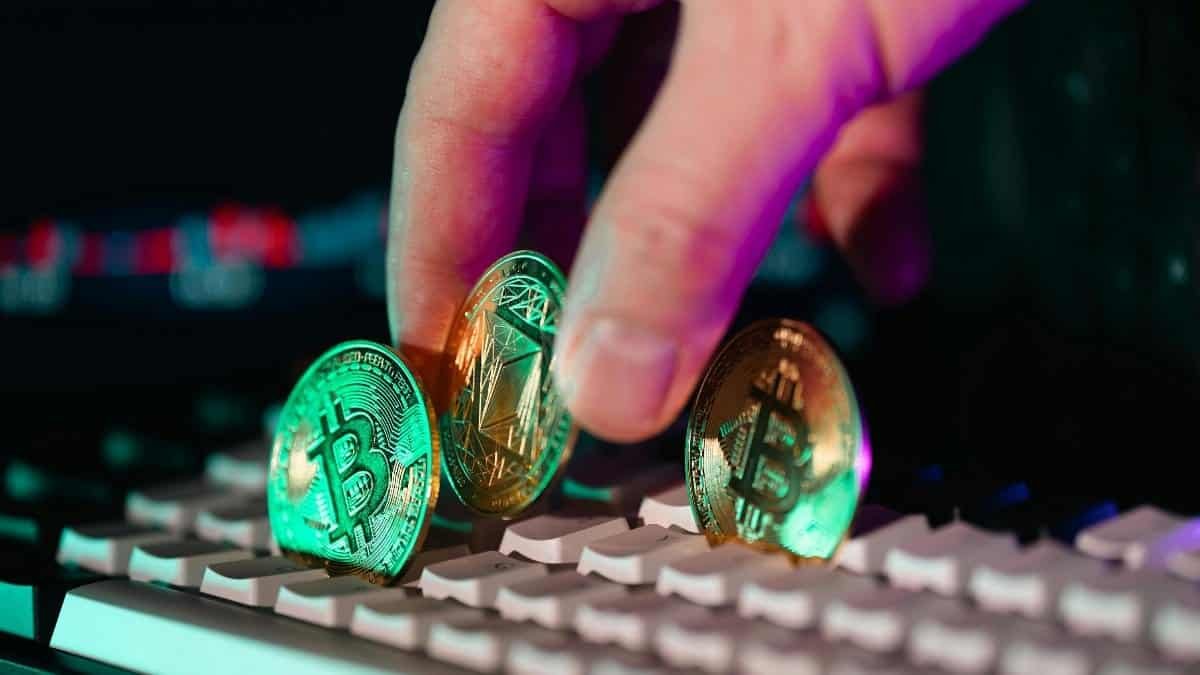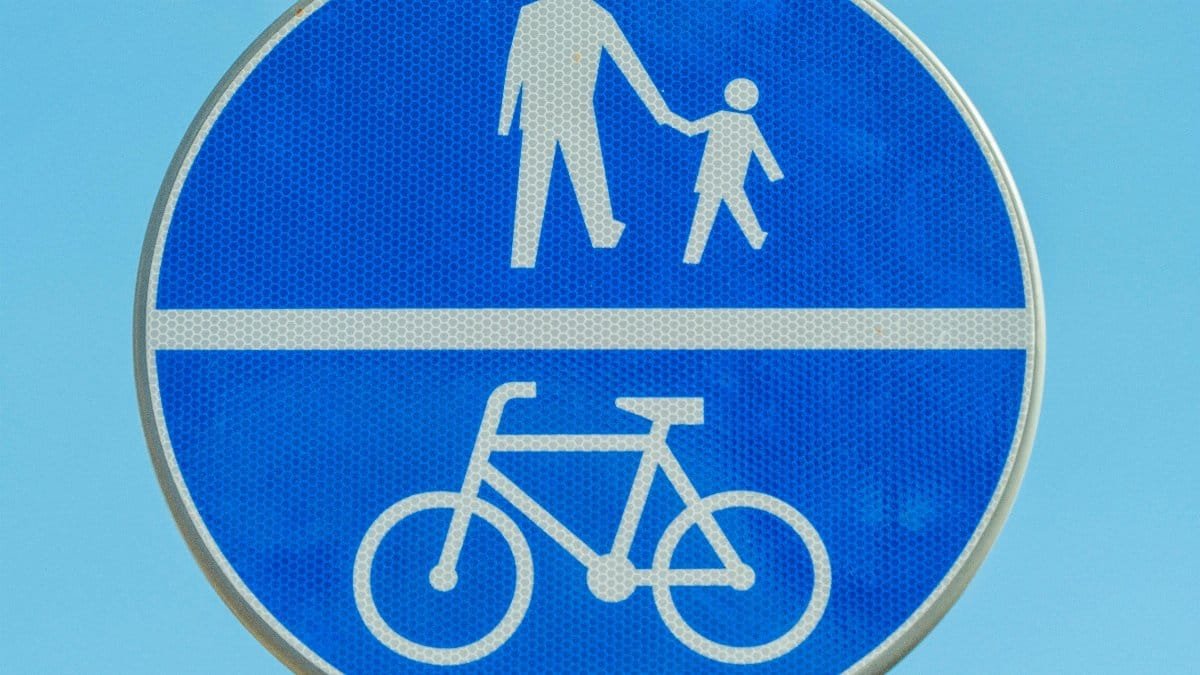Is quantum healing craze science scam really the breakthrough spiritual seekers swear by? This controversial practice, blending quantum physics jargon with energy healing, has exploded in popularity across the U.S. in 2025. Promising to “realign” the body’s energy at a subatomic level, it’s captivating wellness communities and spiritual circles. But skeptics, including scientists, warn it’s more hype than fact, lacking empirical evidence. As millions flock to workshops and online courses, the debate rages: Is this a revolutionary healing method or just another pseudoscientific fad?
What Is Quantum Healing, Anyway?

Quantum healing claims to use principles of quantum physics to heal physical and emotional ailments. Practitioners say they tap into “energy fields” to influence health at a cellular level. Think meditation, visualization, and sometimes hands-on techniques, all wrapped in scientific-sounding terms like “quantum entanglement.” Popularized by figures like Deepak Chopra decades ago, it’s seeing a massive resurgence in 2025, fueled by social media and wellness influencers.
Why It’s Booming in 2025

The rise of quantum healing ties directly to America’s growing spiritual and wellness trends. With mental health concerns spiking, many seek alternatives to traditional medicine. Google searches for “quantum healing” have surged 40% since last year, reflecting a hunger for non-conventional solutions. Spiritual retreats and online courses, often costing hundreds, are packed with participants desperate for holistic fixes.
The Science Says: Hold Up

Here’s the rub—mainstream science isn’t buying it. Experts argue there’s no evidence linking quantum physics to bodily healing. A 2023 study from Harvard Medical School dismissed such claims as “misinterpretations of scientific concepts.” Critics label quantum healing craze science scam as pseudoscience, exploiting complex theories for profit. Check the skepticism yourself at Harvard Health.
Who’s Falling for It?

Demographics show a wide net. Millennials and Gen Z, often disillusioned with conventional healthcare, make up a big chunk of followers. So do older adults exploring spirituality post-retirement. Social platforms like TikTok amplify testimonials, with hashtags racking up millions of views. Many users claim miraculous recoveries, though these stories lack verifiable proof.
The Cost of Belief

Quantum healing isn’t cheap. Sessions can run $100 to $500, while certification programs for aspiring “healers” often exceed $2,000. Critics point to a booming industry built on vulnerable people. The Federal Trade Commission has flagged similar wellness scams for misleading claims, urging caution. More on deceptive practices can be found at FTC Consumer Protection.
Risks Beyond the Wallet

Money isn’t the only concern. Some practitioners discourage conventional medical treatment, posing real health risks. A 2024 report by the National Institutes of Health warned against relying on unproven therapies for serious conditions. Delaying proper care for chronic illnesses or mental health issues can have dire consequences. See the data at NIH News.
Defenders Push Back

Not everyone agrees it’s a sham. Supporters argue quantum healing offers emotional comfort, even if the science is shaky. “It helped me cope after losing my job,” says Tara M., a 34-year-old from Austin. Advocates insist the placebo effect or stress reduction might explain perceived benefits, even if the “quantum” part is dubious.
Regulation Lags Behind

Unlike medical practices, quantum healing operates in a gray area. Most states don’t regulate energy healing, letting anyone claim expertise. This lack of oversight fuels skepticism and allows questionable claims to spread unchecked. Consumer advocates are pushing for stricter guidelines as the industry grows.
What’s Next for This Trend?

As the quantum healing craze science scam debate heats up, expect more scrutiny in 2025. Scientists call for rigorous studies to test claims, while spiritual communities double down on personal testimonies. With billions spent annually on alternative therapies in the U.S., this controversy won’t fade soon. Will it be validated or debunked? Time—and evidence—will tell.
